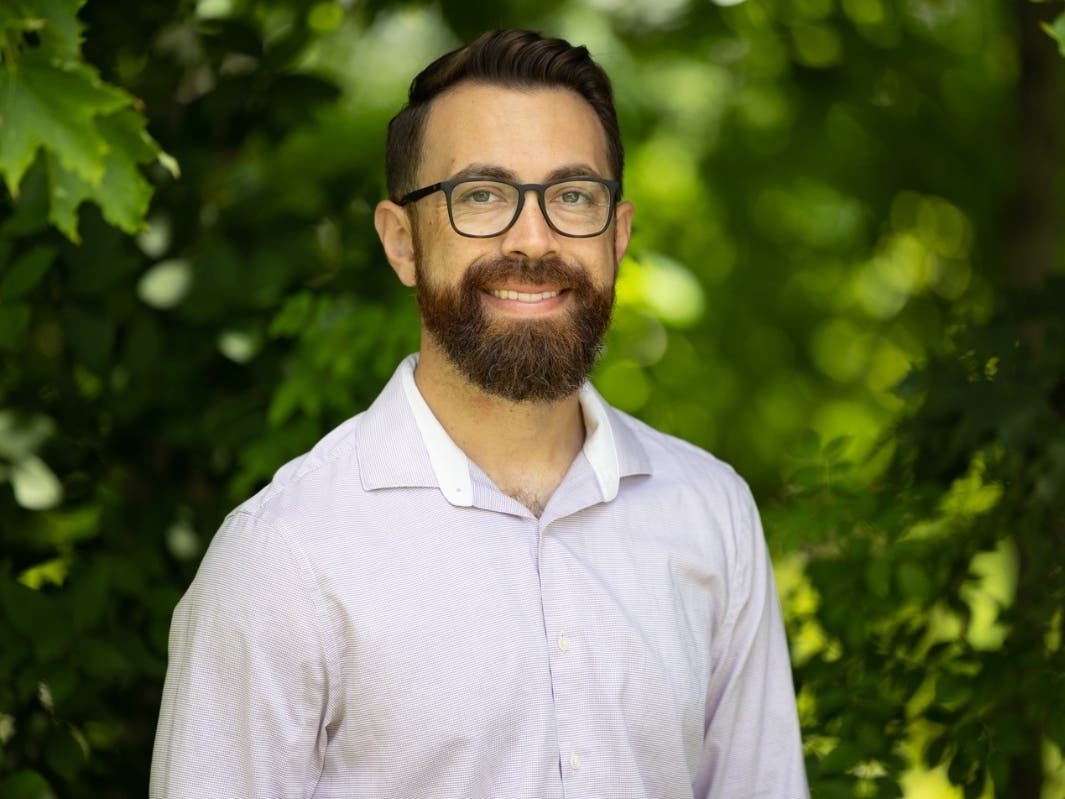Neighbor News
Charles Rolsky Named Executive Director at Shaw Institute
Based in Blue Hill, Maine, the Shaw Institute works to discover and expose environmental threats to people and wildlife.
The Shaw Institute, a scientific research organization based in Maine, has named Senior Research Scientist Charles “Charlie” Rolsky, Ph.D., to lead the organization as executive director.
Recruited by the Institute’s late founder, Dr. Susan Shaw, Rolsky joined the Institute in 2022 from Arizona State University’s Biodesign Center for Sustainable Macromolecular Materials and Manufacturing where he focused on sustainable materials and recycling.
A nationally recognized environmental researcher, Rolsky brings a rare combination of scientific acumen and zeal to the job. Global media, such as the BBC, Washington Post, ABC News, The New York Times, Science Friday, PBS, Forbes and many others, have covered his research extensively, which includes developing a method for detecting plastic particles in human organs and tissue, conducting the first nationwide study on the environmental impact of disposable contact lenses and how they contribute to plastic pollution, and completing a study that revealed that PVA detergent pods are not biodegradable and are, in fact, releasing plastic into the environment, and possibly into the human food chain.
Find out what's happening in Scottsdalewith free, real-time updates from Patch.
Rolsky partners with scientific, environmental, and educational institutions worldwide and is currently undertaking new research projects in collaboration with New York University, Harvard, and Colby College to measure microplastics in human tissue and explore how these pollutants impact human health. He also has initiated a community service to measure PFAS contamination in groundwater and tap water in local communities. In addition, he seeks to advance the foundational research conducted over the years at the Institute, including beach bacteria monitoring, marine mammal toxicology, and impacts of plastic pollution. According to Rolsky, the Institute’s laboratory is also undergoing a transformation, including a new infrared spectroscope capable of extracting a wealth of data from a single fragment of plastic.
“Charlie has a unique ability to inspire and engage others in efforts to find solutions to serious environmental issues facing our world today and into the future,” said Matthew Newton, Shaw Institute board chair. “New threats seem to emerge every day, requiring that we be passionate, prepared, and proficient in identifying and addressing critical threats; for example, the presence of toxic contaminants like PFAS chemicals, the dangers of plastic waste, and the need to protect the health and survival of people and marine wildlife. In Charlie, we have a strong leader who can deliver what we need.”
Find out what's happening in Scottsdalewith free, real-time updates from Patch.
An engaging speaker, Rolsky presents complex science in understandable ways and is also committed to mentorship in education, active community outreach, and citizen science. Most recently, he was invited to speak and present his current research at the 2023 meeting of the Society of Environmental Toxicology and Chemistry (SETAC) in Dublin, Ireland.
“Scientists can’t do this alone,” said Rolsky, “but, we can make an impact when we work with others. It’s a real honor to follow in the footsteps of pioneering ecotoxicologist Dr. Susan Shaw, who founded the Shaw Institute some 30 years ago. She has left us with a rich legacy as a footprint to build on as we move forward.”
For more information about Rolsky and his work, visit Charles Rolsky at LinkedIn.
About the Institute
The Shaw Institute is a 501(c)3 scientific research organization based in Maine and founded in 1990 by ecotoxicologist Dr. Susan Shaw. Our mission is to discover and expose environmental threats to people and wildlife through innovative science, and to engage in local and global partnerships to improve human and ecological health.
